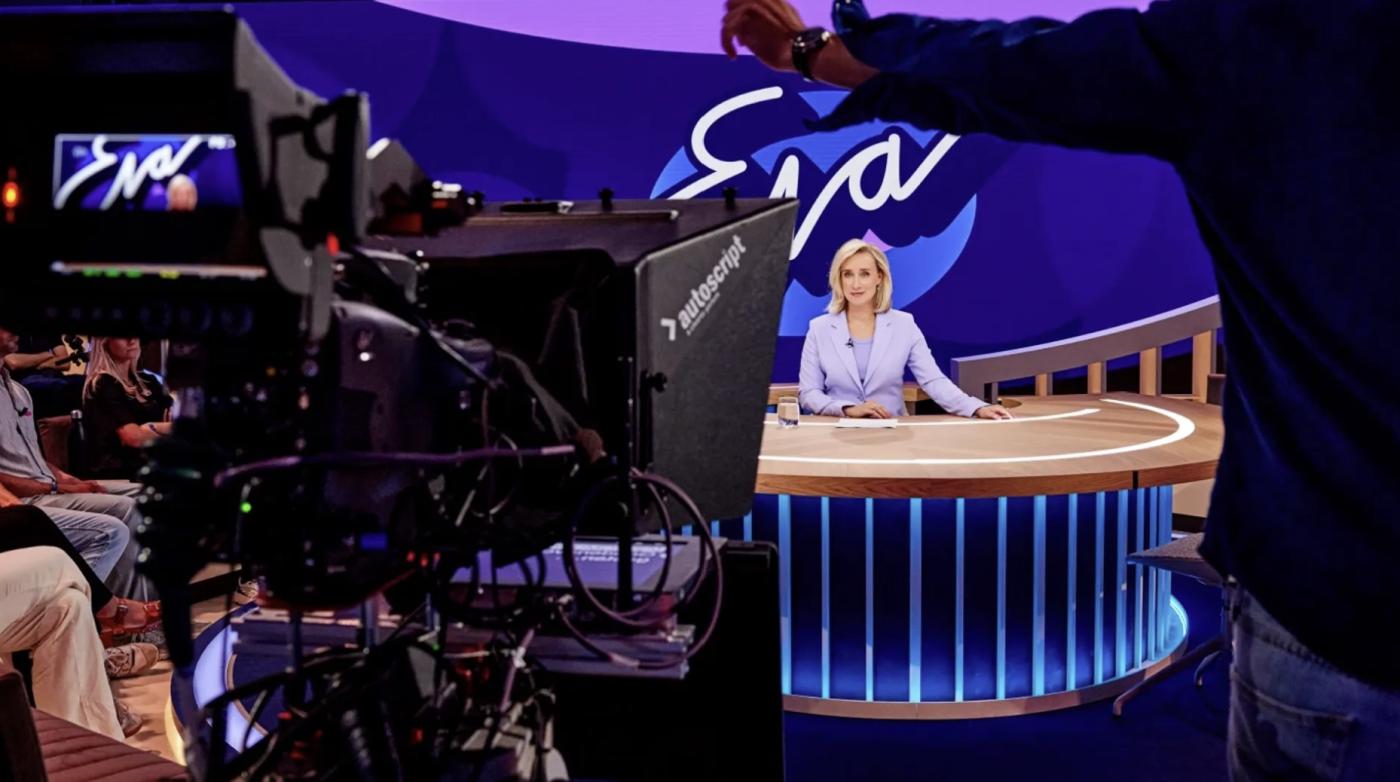More academics on talk shows
What are the limits of my expertise?

“Colleague, stick to your last.” That’s what colleagues whisper, every time a professor or other academics sits on a TV show to interpret all the world news. Academics should not make statements beyond their expertise.
And indeed, it is ridiculous to see such an all-knowing professor (often a ‘superstar scientist’) oracle; a spectacle that is reminiscent of the grumpy old men from the Muppets.
But if we, as academic community, want to only engage in public engagement within our expertise, we must first ask ourselves this question: how do we define that expertise? Where are the boundaries of our expertise?
To speak for myself: depending on who I speak to, I introduce myself as an oceanographer, climate physicist, physicist, or simply a scientist. I feel comfortable with all four of those titles.
So where do I draw the line of my expertise? Is that the subject on which I got my PhD? All the research I have done in my career? Or just my research over the last five years?
Those seem like very narrow definitions of expertise, to me. Can’t we be a bit broader and more inclusive? For example Scientists 4 Future, a group of scientists who “actively strive for a stronger response to the climate and ecological emergency,” believes that every scientist has expertise in climate, because the climate crisis affects just about every aspect of society.
I haven’t figured out what the best definition of the boundary of my expertise is, but for now I’m using this one: all the topics I could comfortably teach to first-year students.
This working definition comes from the idea that if I can explain something to students, I should also be able to tell it to the general public or journalists. Because is speaking in the media really that different from speaking to students?
But regardless of the definition of the edge of expertise, there is one topic that we as academics can all communicate about: science and the scientific method itself. We can and should have confidence in the scientific method and should always stand up for science in general. So, let's not catch too many flies and be a little less judgmental when it comes to public engagement. Because the more colleagues express themselves in the public debate, the less dependent we are on those few superstar scientists.
Professor Erik van Sebille is a climate physicist and regularly blogs about science for DUB. The author's views are not necessarily those of DUB.